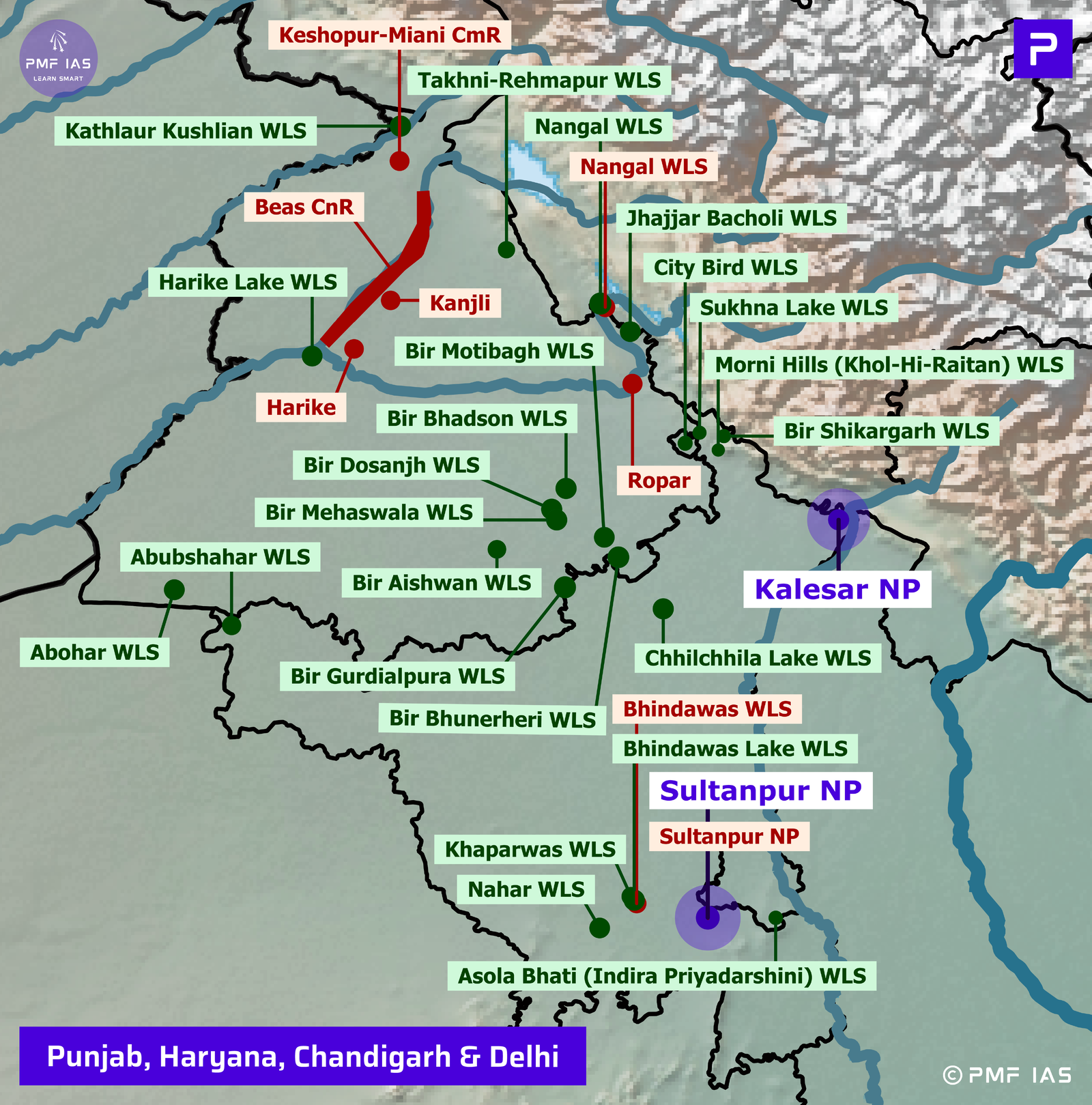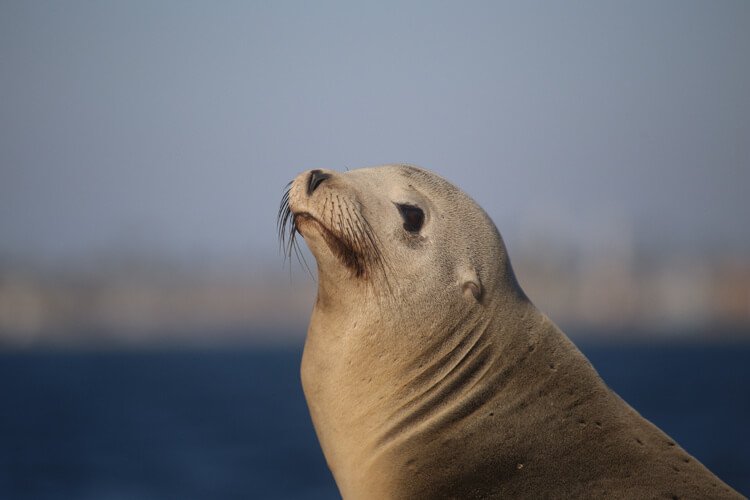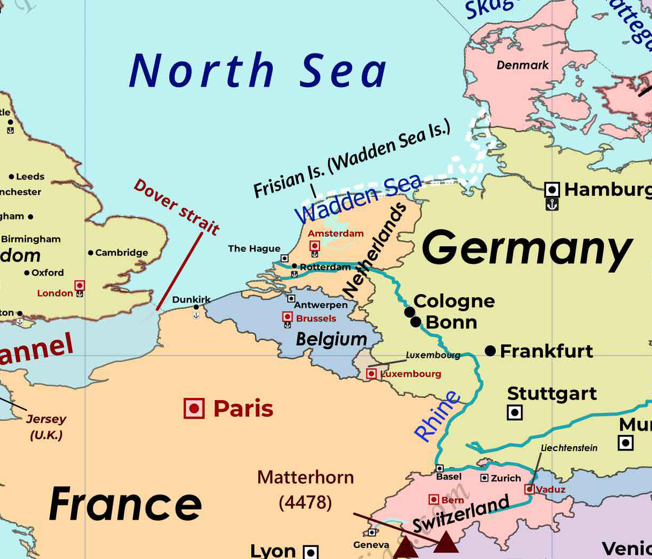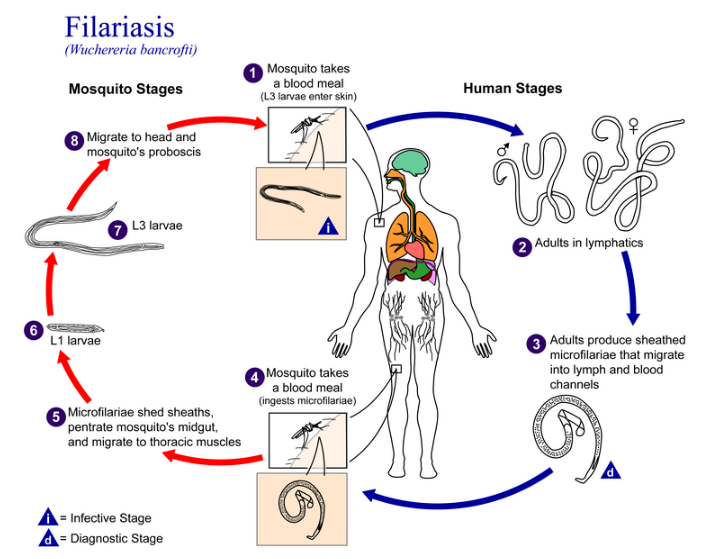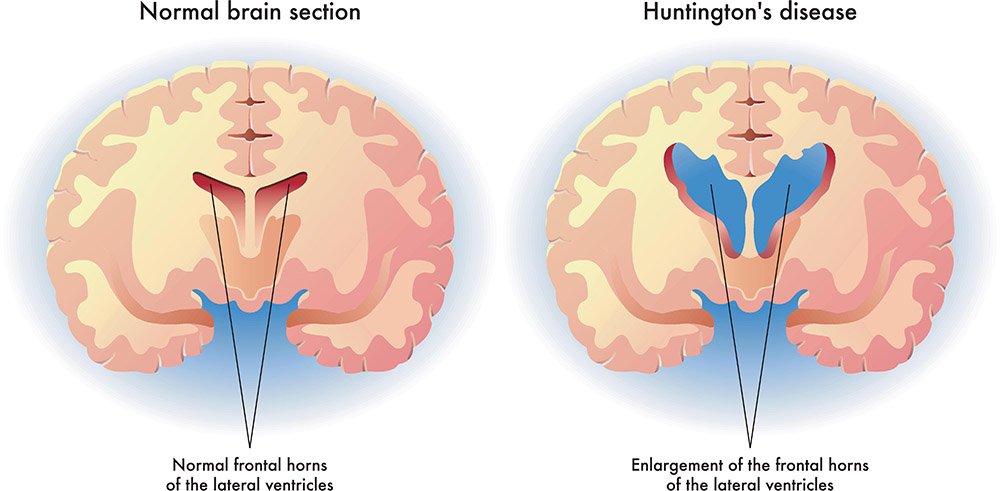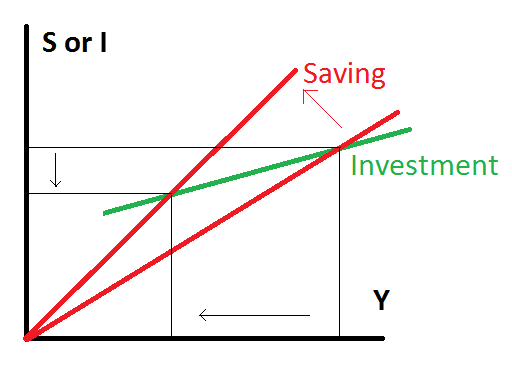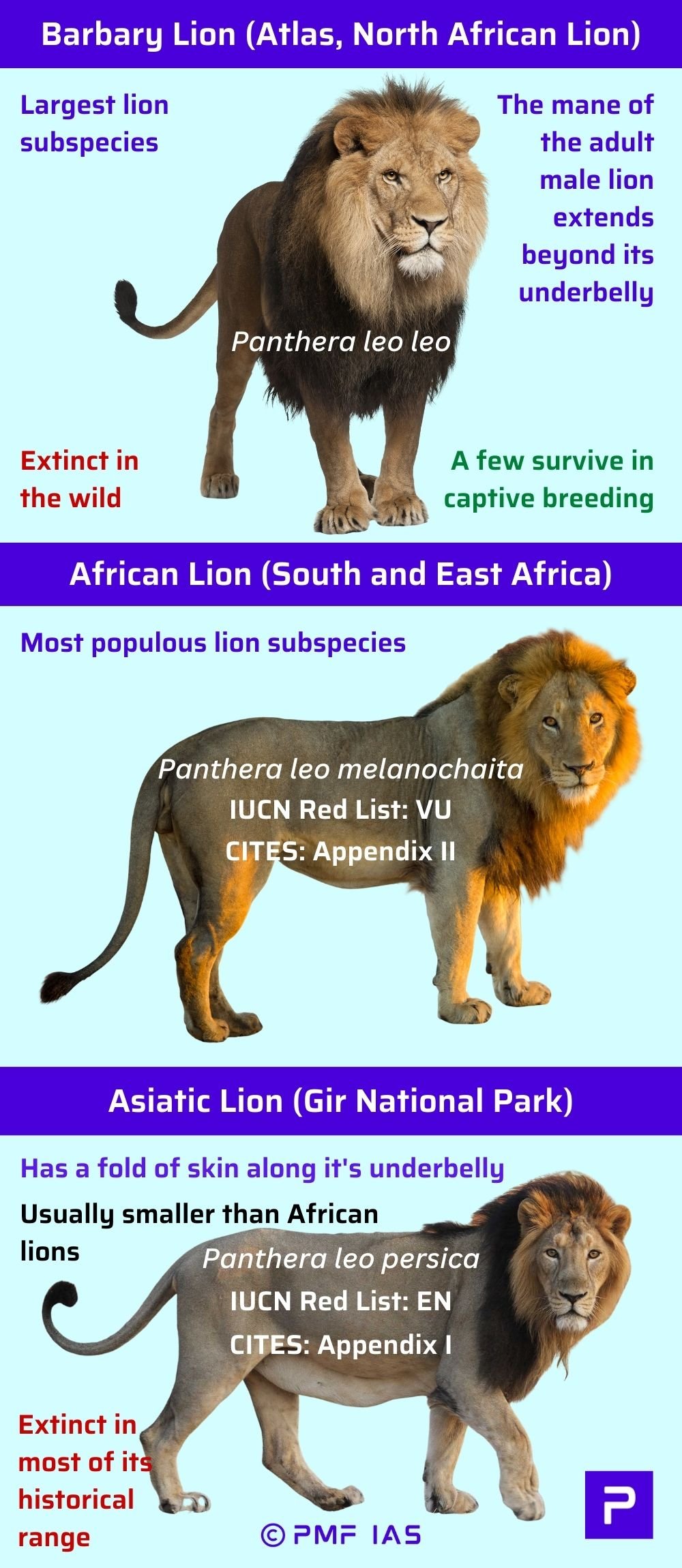
Katchatheevu Island | Wadge Bank
Subscribe to Never Miss an Important Update! Assured Discounts on New Products!
Must Join PMF IAS Telegram Channel & PMF IAS History Telegram Channel
- Context (IE I TH I TNM): In the run-up to the Lok Sabha elections, the BJP and Prime Minister raised the issue of ‘ceding’ Katchatheevu to Sri Lanka in 1974.
- India and Sri Lanka had been claiming Katchatheevu since at least 1921 after a survey placed the island within Sri Lanka’s boundaries.
- In 1974, the two governments signed an agreement and the island was ceded to Sri Lanka.
- After the emergency was imposed in 1975, discussions took place between the foreign secretaries of India and Sri Lanka, and a set of executive orders was issued on the Katchatheevu issue.
- The negotiations settled the maritime boundary between India and Sri Lanka, and Sri Lanka gave India sovereign rights over a maritime patch called ‘Wadge Bank’ near Kanyakumari in 1976.
Katchatheevu Island
History of the Island and How it Became an Issue for Indo-Sri Lankan Relations

- Katchatheevu is an uninhabited speck between India and Sri Lanka in the Palk Strait.
- It is of relatively new geological origin, being the product of a 14th-century volcanic eruption.
- It lies northeast of Rameswaram, about 33 km from the Indian coast.
- Only structure on the island is an early 20th-century Catholic shrine, St Anthony’s church. Devotees from both India and Sri Lanka make the pilgrimage there.
- Katchatheevu is not suited for permanent settlement as there is no source of drinking water.
National Emergency in India 1975
Exclusive Economic Zones (EEZs)
Sri Lankan Civil War
|
What is Tamil Nadu’s Position on Katchatheevu?
- Katchatheevu was given away to Sri Lanka in 1974 without consulting Tamil Nadu state assembly.
- There were protests against PM Indira Gandhi’s move, citing two reasons:
- The historical control of the Ramnad Zamindari over the island.
- Traditional fishing rights of Indian Tamil fishermen.
- In 1991, in the aftermath of India’s disastrous intervention in the Sri Lankan Civil War, the Tamil Nadu Assembly sought retrieval of Katchatheevu.
- In 2008, then AIADMK supremo, the late J Jayalalitha, filed a petition in court saying Katchatheevu could not be ceded to another country without a constitutional amendment.
- However, GoI’s position has largely remained unchanged. It argued that since the island had always been under dispute, “no territory belonging to India was ceded nor sovereignty relinquished.”
How Indian Territory of India can be Ceded? (GS 1, Polity)
Berubari Union Case (1960)
|
Wadge Bank
- The India-Sri Lanka agreement of 1976 recognised the Wadge Bank as part of India’s exclusive economic zone, granting India sovereign rights over the area and its resources.
- It is a continental shelf nearly 80 kilometres (50 miles) seaward from the coast of Kanyakumari.
- The Fishery Survey of India has identified the Wadge Bank as a 4,000-sq-mile area bound by 76°.30’ E to 78°.00 E longitude and 7°.00 N to 8° 20’ N latitude.
- Under the agreement, Sri Lankan fishing vessels and personnel were not allowed to engage in fishing activities in the Wadge Bank.
- The agreement allowed Indian fishermen to use the resources in the Wadge Bank area.
- It is a shallow zone with a nearly flat bottom topography and a continental shelf.
- In late 2023, GoI invited Notice Inviting Offers (NIO) under the Hydrocarbon Exploration and Licensing Policy (HELP) for the exploration of oil in Wadge Bank.
- However, residents of the area objected to it, highlighting the area’s importance to fishing communities in Kanyakumari.
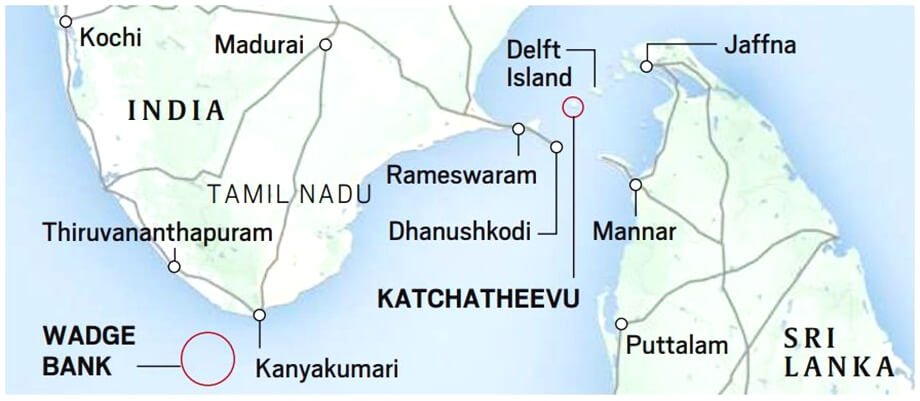
Fertile fishing ground
- The bank is rich in biodiversity and a fertile fishing ground. The area around Wadge Bank records the highest organic production on the West Coast.
- It is one of the world’s richest fishing grounds and is in a much more strategic part of the sea than the island of Katchatheevu.
- The low intensity of currents, waves, and tides makes it an ideal location for the accumulation of nutrients and fish food and has less impact on the fish and aquatic animals of this region.
- The Wadge Bank waters are moderate in temperature (26˚-29˚C) but high in salinity ( 35.8 to 36.7% ), supporting many fishery resources.
- This ground’s peak season is from July to October. Upwelling has been reported during the July-September period.
- Fishes prefer this region for feeding and breeding purposes.
Banks
|
What are Hydrocarbons?
- Hydrocarbons are organic compounds made up of hydrogen and carbon atoms.
- They are the fundamental constituents of fossil fuels, including coal, natural gas, and petroleum.
- Hydrocarbon exploration refers to the process of searching for and identifying potential sources of hydrocarbons, such as oil and natural gas, beneath the Earth’s surface.
Government initiatives for hydrocarbon exploration in India
- The Hydrocarbon Exploration and Licensing Policy (HELP) was adopted in 2016.
- Objective: To enhance domestic oil and gas production by intensifying exploration activity and investment.





![PMF IAS Environment for UPSC 2022-23 [paperback] PMF IAS [Nov 30, 2021]…](https://pmfias.b-cdn.net/wp-content/uploads/2024/04/pmfiasenvironmentforupsc2022-23paperbackpmfiasnov302021.jpg)
